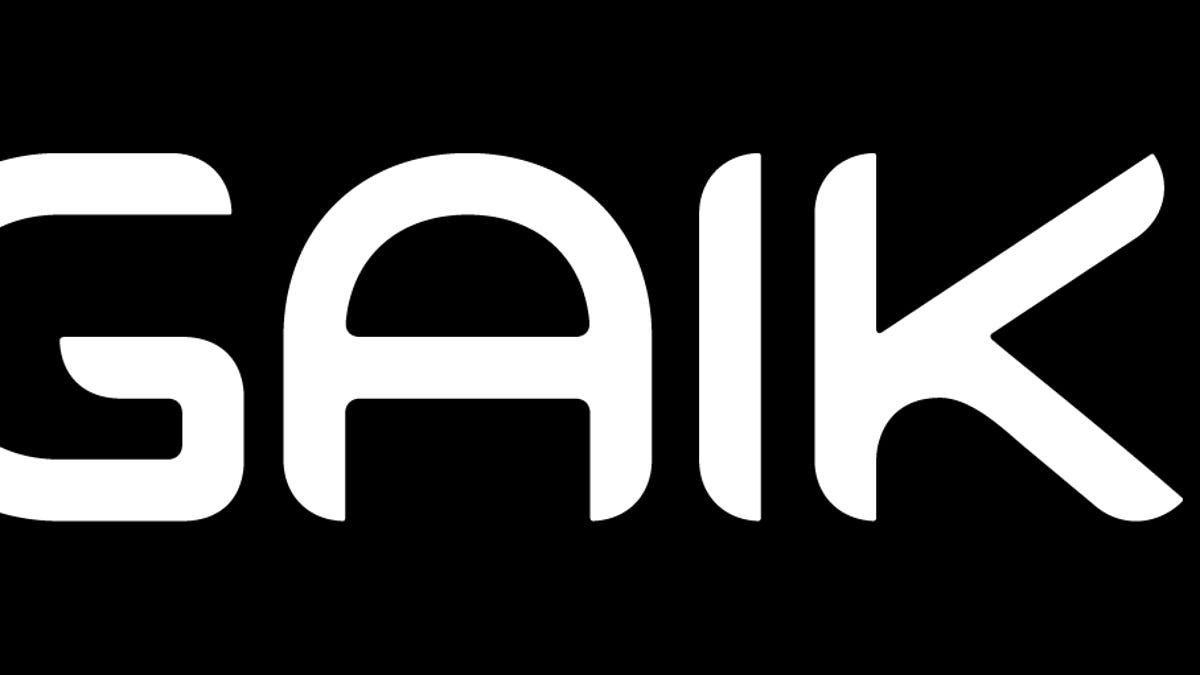Charting the ripple effects of Sony's cloud-gaming acquisition
What does Sony's Gaikai purchase mean for the gaming, TV, and mobile industries?
It happened a little later than the rumors predicted, but Sony has indeed gone shopping for a cloud gaming service. With its purchase of Gaikai, announced this morning, Sony has potentially disrupted the nascent cloud gaming market, and also added an interesting wrinkle to its own competitive fortunes across platforms.
A few thoughts on how this acquisition will affect the various players.
OnLive
The other, arguably better-known cloud gaming service, OnLive was another rumored Sony target. Presumably Sony's done cloud shopping, but other suitors, namely Microsoft, could still be interested.
17 months ago, VentureBeat reported analyst valuations around $1.8 billion for OnLive. As EuroGamer points out, such a figure makes the $380 million Sony paid for Gaikai seem like a bargain. That price also won't help any future OnLive valuations.
OnLive may also it has some new partnership opportunities as a result of this deal. Samsung and LG both had agreements to stream games to televisions via the Gaikai service. Electronic Arts had also apparently snubbed OnLive for Gaikai, granting the latter sole access to titles like Dragon Age 2, Mass Effect 3, and the Dead Space series. Contract language might inhibit any immediate realignment, so it could be a while before OnLive can capitalize on any scorned Gaikai partners. (Although, set top boxes notwithstanding, I'm still waiting for Vizio's promised OnLive-integrated TVs.)
Microsoft
Valuations being dynamic things, both the passage of time as well as the Gaikai deal will affect any future OnLive price tag. Still, not least because of its roughly $60 billion war chest, Microsoft could scoop up OnLive for any reasonable amount.
But does Microsoft need or want OnLive, or a similar cloud gaming service?
First, Microsoft already has its own cloud computing infrastructure in Azure, which, like Gaikai and OnLive, can also deliver interactive 3D content.
Further, speaking at GDC China last year, Microsoft cloud evangelist Brian Price said, "Another problem [[with console-quality gaming via the cloud]] is that your gamers need high speed internet access. That's fine if you live in a city, but most of America doesn't live in a city, for example." Those bandwidth variabilities argue against a major cloud-based shift in the next console generation, so Microsoft likely doesn't feel the need to start making panic acquisitions with respect to the next console battle.
It's still possible that OnLive offers enough capability that Microsoft does not yet have itself to make it an attractive acquisition target. But even if not, Microsoft might scoop up the service to keep it out of competing hands. (Along similar lines, Wedbush Morgan analyst Michael Pachter argued to CVG earlier that Sony may have acquired Gaikai to keep it out of competing televisions.)
Sony
If Pachter is right, Sony might limit Gaikai to its televisions, or it might not do anything with the service, preferring instead to simply keep it from its competitors.
That seems like a wasted opportunity, though. The aforementioned bandwidth issues and still-dominant brick-and-mortar game sales suggest that Sony won't go all-in on cloud gaming as the core function for a presumed PlayStation 4. But as a complementary service, or enabling higher-end mobile gaming, Gaikai seems to offer lots of potential. Imagine playing a core PlayStation 4 games on your console, then picking the game up exactly where you left off on your cell phone or tablet. I would be surprised if Sony didn't take a more expansive view of its new cloud gaming capability.
Apple
A vacation week seems like the right time for an unlikely, speculative leap.
If Gaikai strengthens Sony's mobile gaming offering, what if Sony then licensed it out to other mobile phones? Android phones seem like the logical fit in this scenario, given Sony's existing Android-based Xperia phones. Apple also isn't fond of inviting competing markets into iOS, and streaming Sony games to a mobile Microsoft device seems to conflict with Microsoft's own mobile gaming efforts.
If Sony gave the Android platform an exclusive, console-quality gaming service, Apple might have to take notice. OnLive already runs on iOS devices (Android, too), but, given its own ability to make acquisitions, Apple might decide it can compete more forcefully by taking over Onlive (whose founder, Steve Perlman, is an Apple alum) and integrating the service directly into iOS.
Have your own big guesses for Gaikai and the future of cloud-gaming? Let's hear 'em.


